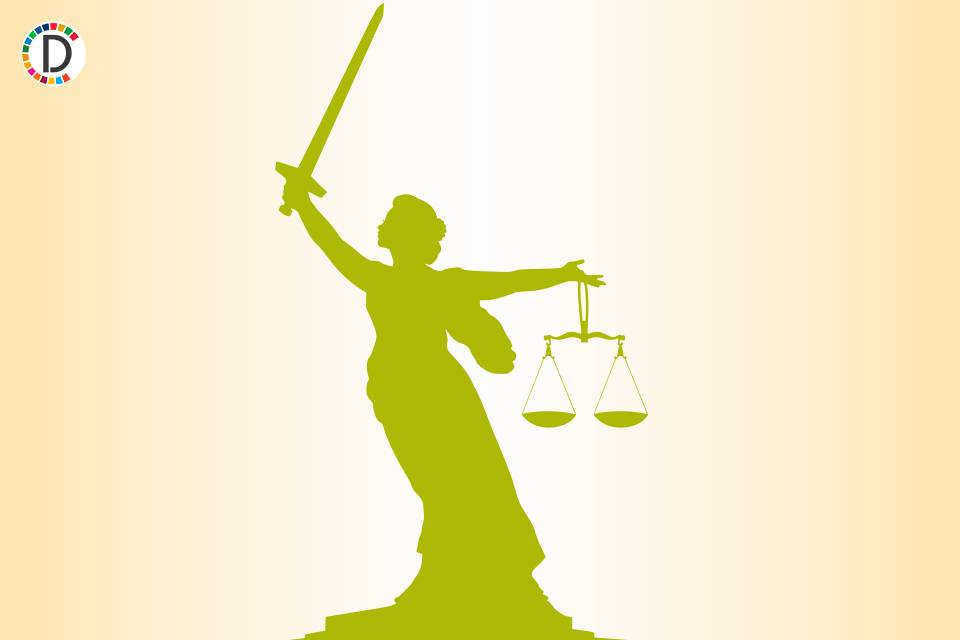Political Vendetta: The Legal Saga of James Comey
Former FBI Director James Comey pleaded not guilty to charges of making false statements and obstructing a congressional investigation. His lawyer describes the prosecution as directed by President Trump, signaling a politically charged legal battle. The case sparks debates on the Justice Department's political neutrality.

In a case that scrutinizes the intersection of politics and justice, former FBI Director James Comey pleaded not guilty on Wednesday to charges of making false statements and obstructing a congressional investigation. The charges, leveled at the behest of President Donald Trump, highlight a brewing legal and political confrontation.
Trump's administration, keen on pursuing perceived political adversaries, has targeted Comey in addition to several other high-profile figures. Comey's lawyer, Patrick Fitzgerald, asserts the prosecution is a strategic move by the Trump administration. Judge Michael Nachmanoff has set a trial date for January 5.
Critics argue the case reflects a broader trend of political influence within the Justice Department, previously insulated from such pressures. The indictment does not detail evidence and raises questions about the legitimacy of the charges, fueling a national debate on impartial justice.
(With inputs from agencies.)










